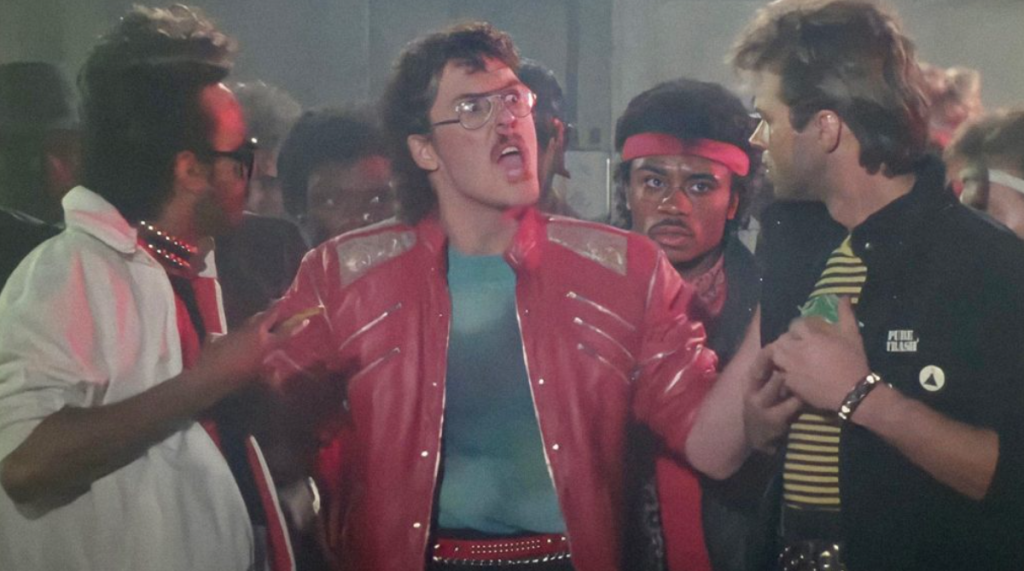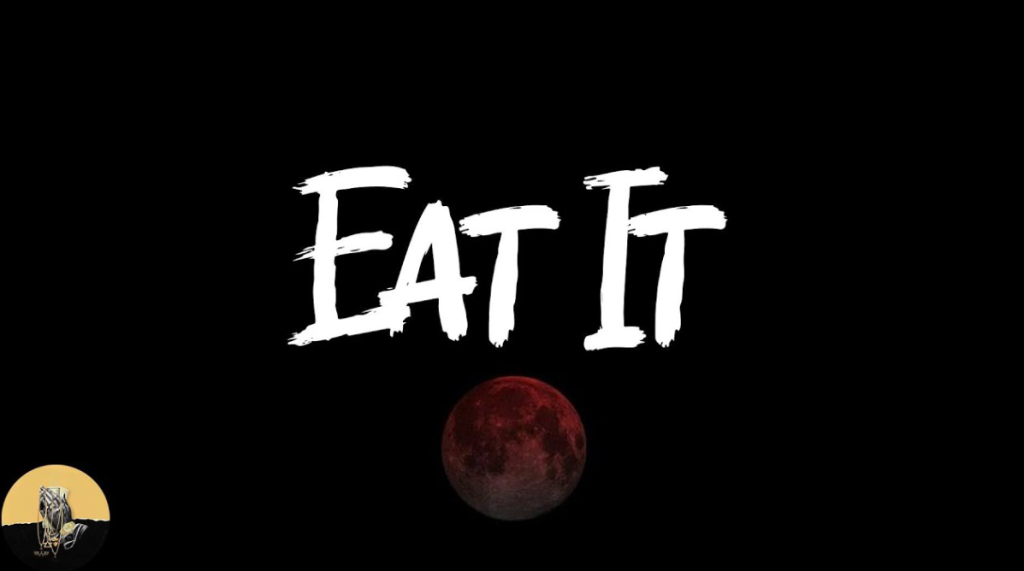The Unlikely Legacy of ‘Weird Al’ and ‘Eat It’
When people talk about parody artists, the term often comes with baggage—cheap laughs, cultural sidekick status, or just plain gimmickry. But if you grew up in the ’80s or ’90s with a TV set or an MTV subscription, there’s a good chance you didn’t just know “Weird Al” Yankovic — you loved him. Maybe even sang along to him, between real hits and fake mustaches.
And it all really started with one glorious bite: “Eat It.”
In 1984, Michael Jackson was everywhere. So was “Beat It”, a Billboard Hot 100 No. 1 hit complete with a now-iconic video of knife-fighting tough guys moonwalking in sync. Enter Al — curly-haired, accordion-wielding, looking more like your high school chemistry teacher than a pop star — reimagining that same video as a food fight frenzy, chomping through a ridiculous list of things he wouldn’t eat. The parody blew up. Not just as a joke, but as a legitimate pop culture moment.
“Eat It” launched Weird Al into a stratosphere few parodists had ever reached. It charted. It went platinum. It was on MTV — a platform notorious for gatekeeping, now embracing a guy who didn’t dance or look “cool” in the conventional sense. And that was precisely the point.

In a way, Weird Al didn’t just parody pop culture — he infiltrated it.
Since then, he’s been mocking chart-toppers through every decade, from “Like a Surgeon” to “White & Nerdy”, managing to stay weird, relevant, and oddly beloved. His appeal was never just in the punchlines. It was in the precision. In a world where pop stars were often untouchable icons, he brought them down to earth — not cruelly, but with a wink and a sandwich in hand.
Ironically, Al is now a longtime vegan. He doesn’t actually eat the junk food he so hilariously celebrated in “Eat It.” It’s the kind of delightful contradiction that defines him. Like when you find out the class clown was actually valedictorian. The guy who made a career out of songs about processed cheese is, in real life, the guy bringing quinoa to the potluck.
More than forty years later, “Eat It” still feels like a cultural time capsule — one part roast, one part tribute, and one part generational anthem. And despite the fact that Weird Al has recorded only occasionally over the last decade, he’s arguably more respected than ever. He’s a Billboard cover star again. He’s an Independent Spirit Award recipient. And soon, he’ll be launching the biggest tour of his life. Not bad for a guy who made us laugh with a fork in his hand.
Curiously, “Eat It” is no longer part of his live setlist. After the release of Leaving Neverland, Al made the conscious decision to retire his Michael Jackson parodies out of respect for the survivors. That move didn’t go unnoticed. It earned him quiet applause — not the roaring laughter he’s used to, but the kind of nod you give someone who knows when it’s time to sit something out.

Still, fans wonder: will he ever bring it back? After all, “Eat It” wasn’t just a hit. It was an awakening — a realization that parody, done right, can be art. That laughter doesn’t have to be mindless. That satire can live in harmony with affection.
In retrospect, the lyrics hit differently now. “Don’t want no Captain Crunch, don’t want no Raisin Bran” — was he really just goofing off? Or was he foreshadowing the wellness trend decades before it became mainstream? Back then, kids would quote the song during lunch hour. Today, their kids are probably begging not to eat processed cereal for different reasons.
What makes Weird Al enduring isn’t just the nostalgia. It’s his refusal to be cynical. He never chased trends — he skewered them. But always with heart. Always with just enough innocence to remind us that he wasn’t mocking the artists so much as he was inviting them to laugh along. And in most cases, they did.
He never tried to be cool, and that’s what made him timeless. The guy who looked like an extra from Revenge of the Nerds ended up being the guy every pop star wanted to be parodied by. Because in a world full of fleeting fame, Al’s kind of humor — smart, self-aware, and just a little ridiculous — is the kind that lasts.
So was “Eat It” his greatest moment? Maybe. But maybe the real legacy is this: that a parody about junk food, sung by a guy with an accordion and a perm, could sneak into the canon of pop history — not just as a joke, but as a celebration of everything pop music is and can be. A mirror, a nudge, a plate of absurdity served with love.
And really — who else could pull that off but “Weird Al”?
